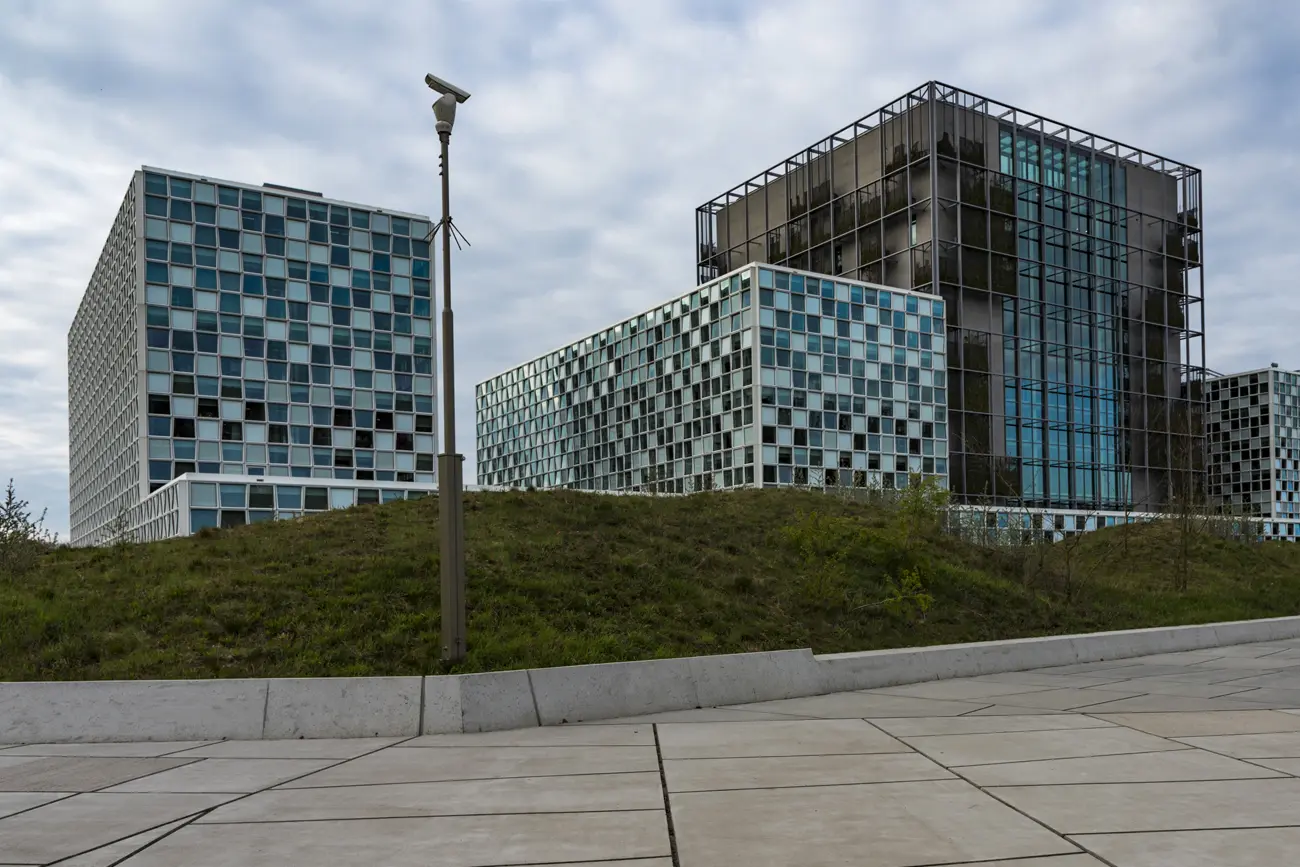
Business Day
Nicole Fritz
AS I sit, immersed in the demands of caring for a newborn, it is surreal to observe the debacle around Sudanese President Omar al-Bashir — not least for the accusations directed at the Southern Africa Litigation Centre (SALC), an organisation I founded and ran for a decade. The government reportedly intends launching a probe into the SALC, suspecting it of being a possible front for western powers “who want to meddle in the political affairs of SA and other developing nations”.
If true, the probe would seem to follow from the logic of Zimbabwean President Robert Mugabe, who, speaking of the SALC at the recent African Union (AU) summit, opined: “The host country did not set them up, they were set up by other governments, mainly European governments who pay them to be their informers about our actions, and how we run our countries.”
Another round of feeding and nappy-changing and I almost wish my life had once been filled with such intrigue that I might once have been such a master of dissemblance.
A separate but related charge has been that, as the SALC receives funding from foreign sources, it is beholden to those funders and acts at their bidding. That is simply untrue and, were it the case that funding inevitably compromises independence, the AU, which receives more than 70% of its funding from foreign donors, could hardly seek to represent itself as a continental body with any integrity. Moreover, the SALC’s international criminal justice programme, which supported the Bashir-related petitions, has never received funding from government-related sources.
Admittedly, it hasn’t helped the cause of international criminal justice to have the US censuring SA for Bashir’s escape, when the US resolutely refuses to be party to the International Criminal Court (ICC). But those who maintain the SALC mirrors the double standards and selectivity evident in the way international criminal justice has played itself out globally are obviously not familiar with the full body of the SALC’s work, nor that the SALC has raised the issue of perceived double standards with the ICC.
Finally, of those critics who allege the SALC sought deliberately to embarrass the government, it can only be said that the SALC had greater faith in the government than they did. And that was not misplaced hope but born of sustained engagement with the government. When Bashir was invited to President Jacob Zuma’s inauguration, the SALC provided the Presidency with a legal opinion on why he could not attend and, if he did, why the government was required to arrest him. Bashir stayed away then. It subsequently became clear why. When the SALC and other civil society groups protested against Zuma’s endorsement of an AU decision to withhold co-operation from the ICC, the government took the unprecedented step of disclosing a legal opinion it had solicited ahead of the inauguration that advised that it would have to arrest Bashir should he attend. It also disclosed that an arrest warrant authorised by a magistrate had been obtained.
In a subsequent incident, when it appeared likely that a Sri Lankan general suspected of crimes against humanity would be posted to SA as a diplomat, the SALC reminded the government of why it would fail its international and constitutional obligations were it to accept him. The general never took up the post. Against this backdrop, and given the notice the SALC gave the government before the AU summit, it was reasonably expected the government would ensure Bashir stayed away. It was not expected that it would subvert the constitutional order.
As the government seeks to manage the fallout, it is perhaps unsurprising that part of its strategy involves demonising the SALC. Still, the notion that this tiny, underfunded organisation is somehow a Trojan horse for large, nefarious global powers is absurd. It’s wind that puts even my baby to shame.
- Fritz is a former and founding director of the SALC
http://www.bdlive.co.za/opinion/2015/07/02/how-to-build-an-absurd-trojan-horse



